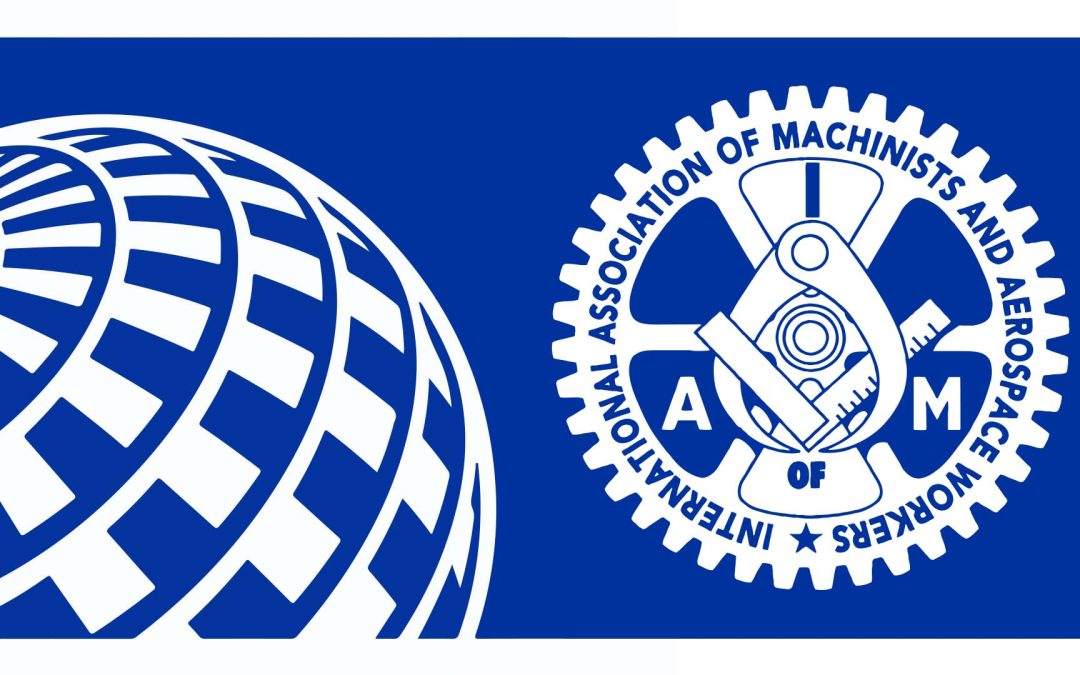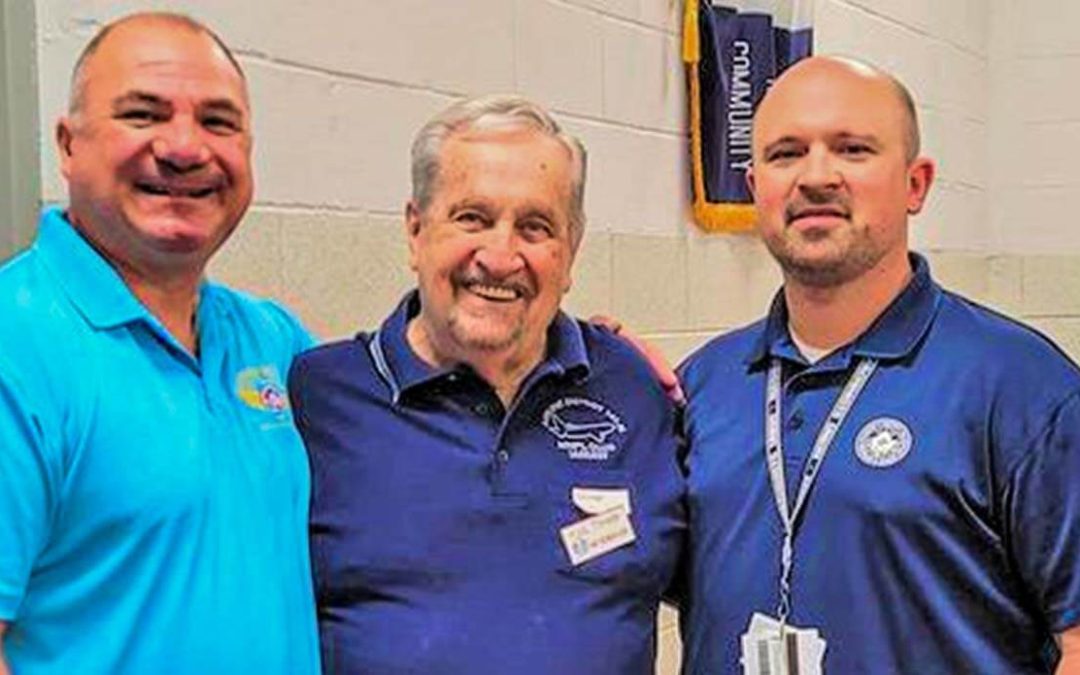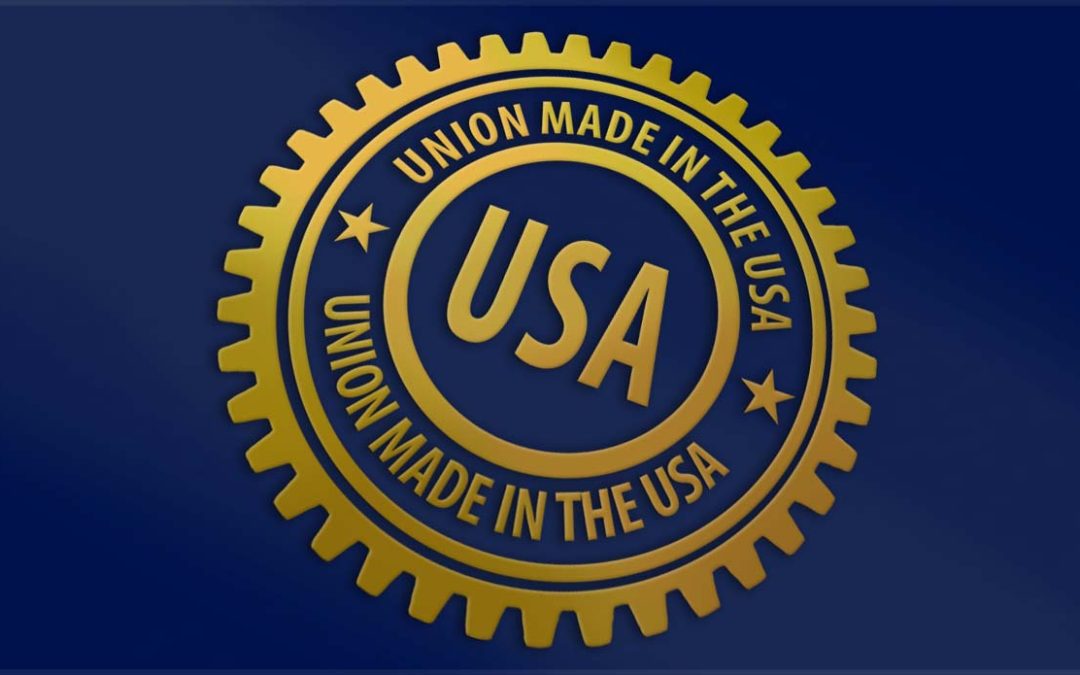
by Eric Price | Jun 10, 2022 | Front Page, Organizing, Page Five, Page Four, Page Three, Page Two, Perusals, Row 2, Uncategorized, United
/* Post title separator line with icon */.dd-spl4 .dd-divider-container { width: 66%; max-width: 800px; align-items: center; display: flex; flex-flow: row nowrap; margin: auto;}.dd-spl4 .dd-sep-holder { flex: 1 1 auto; height: 1px; min-width: 10%; position:...

by Eric Price | Jun 9, 2022 | Force Front page, Front Page, Page Five, Page Four, Page Three, Page Two, Perusals, retirement, Row 2
Ken Thiede Recognized for 65 Years of Machinists Union Action Retirees Club10 June 2022 Chicago’s Local 1487 honored Ken Thiede for his 65 years of service to the Machinists Union. Longtime Labor leader Ken Thiede was honored this week for 65 years of service to...

by Eric Price | Jun 4, 2022 | Front Page, JetBlue, Organizing, Page Five, Page Four, Page Three, Page Two, Perusals, Row 2, Uncategorized
The Fly is About to Have a Direct Relationship With A Swatter Justice at JetBlue4 June 2022 A recent misleading flyer by JetBlue management claims that the “direct relationship” between JetBlue management and Crewmembers is the best way to “soar highest.” The flyer...

by Eric Price | May 31, 2022 | Front Page, GOIAM Stories, Organizing, Page Five, Page Four, Page Three, Perusals, Row 2, Uncategorized
The Machinists Union Calls on Biden Administration to Approve New United Route to Cape Town, South Africa iMail23 May 2022 United Airlines is asking the Biden Administration to approve a new route from Washington, Dulles International, to Cape Town South Africa....

by Eric Price | May 27, 2022 | Front Page, Organizing, Page Five, Page Two, Perusals, Row 2, United
/* Post title separator line with icon */.dd-spl4 .dd-divider-container { width: 66%; max-width: 800px; align-items: center; display: flex; flex-flow: row nowrap; margin: auto;}.dd-spl4 .dd-sep-holder { flex: 1 1 auto; height: 1px; min-width: 10%; position:...

by Eric Price | May 26, 2022 | Front Page, GOIAM Stories, MNPL, Page Three, Perusals, Row 2, Uncategorized
New Labor Board Outlook Gives Unions a Fair Shake IAM Journal26 May 2022 The National Labor Relations Board (NLRB) is the governing body that regulates labor law outside the transportation industry, which is governed by the National Mediation Board under the Railway...







